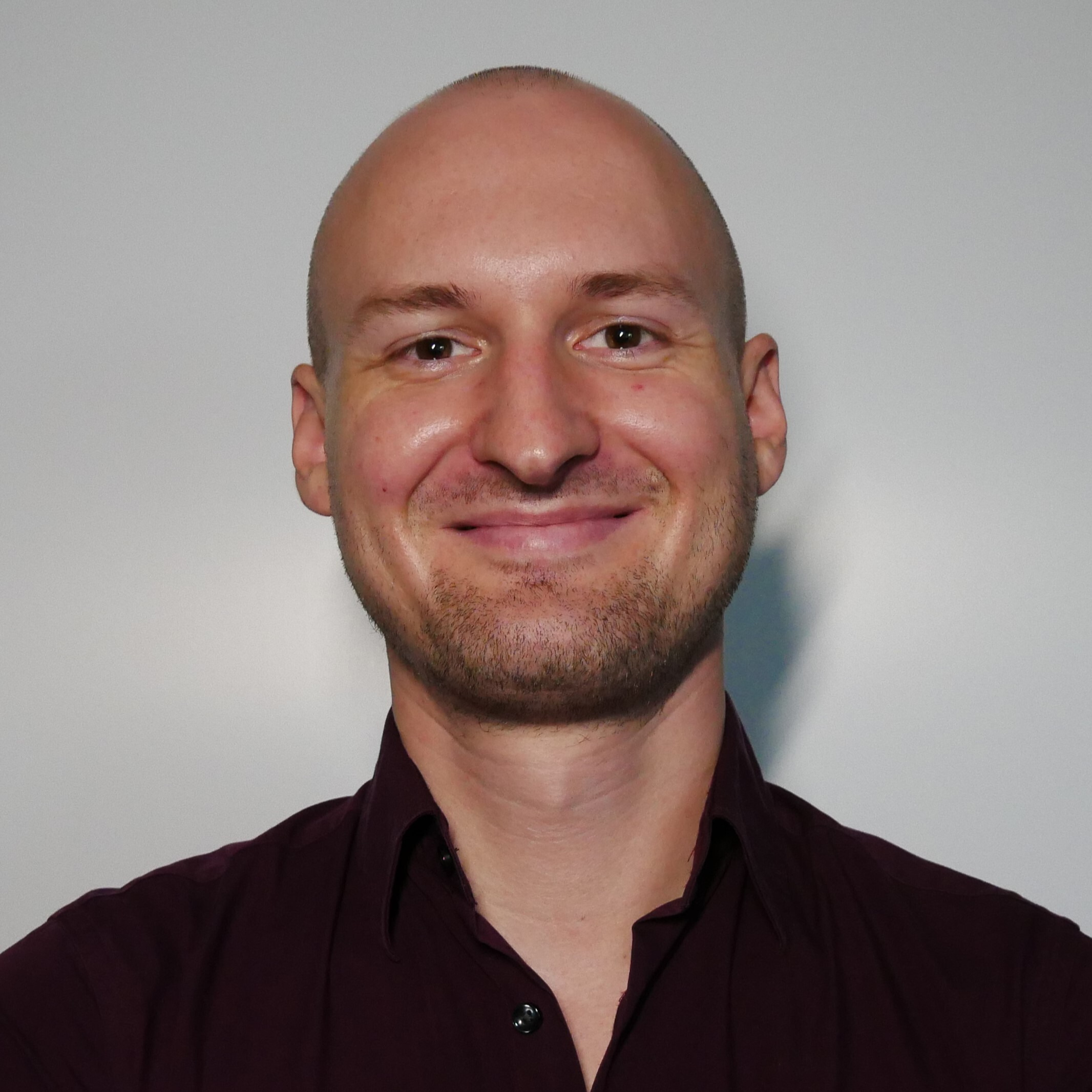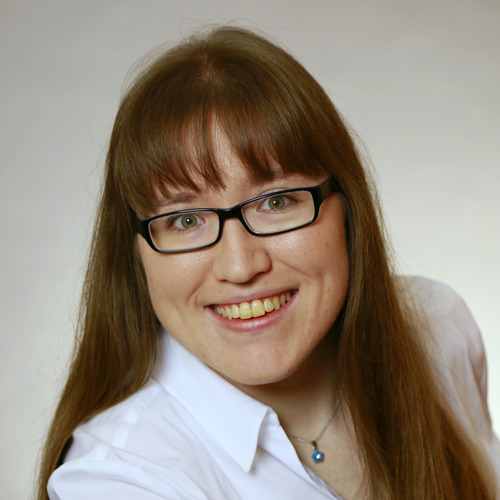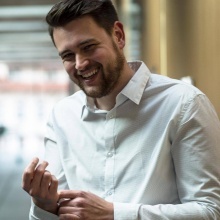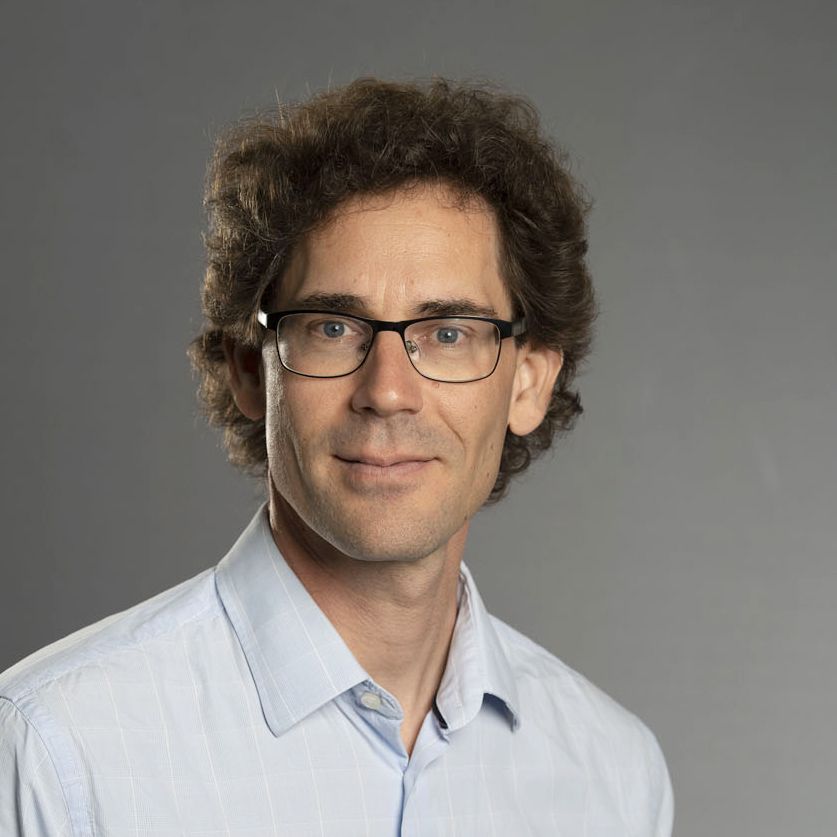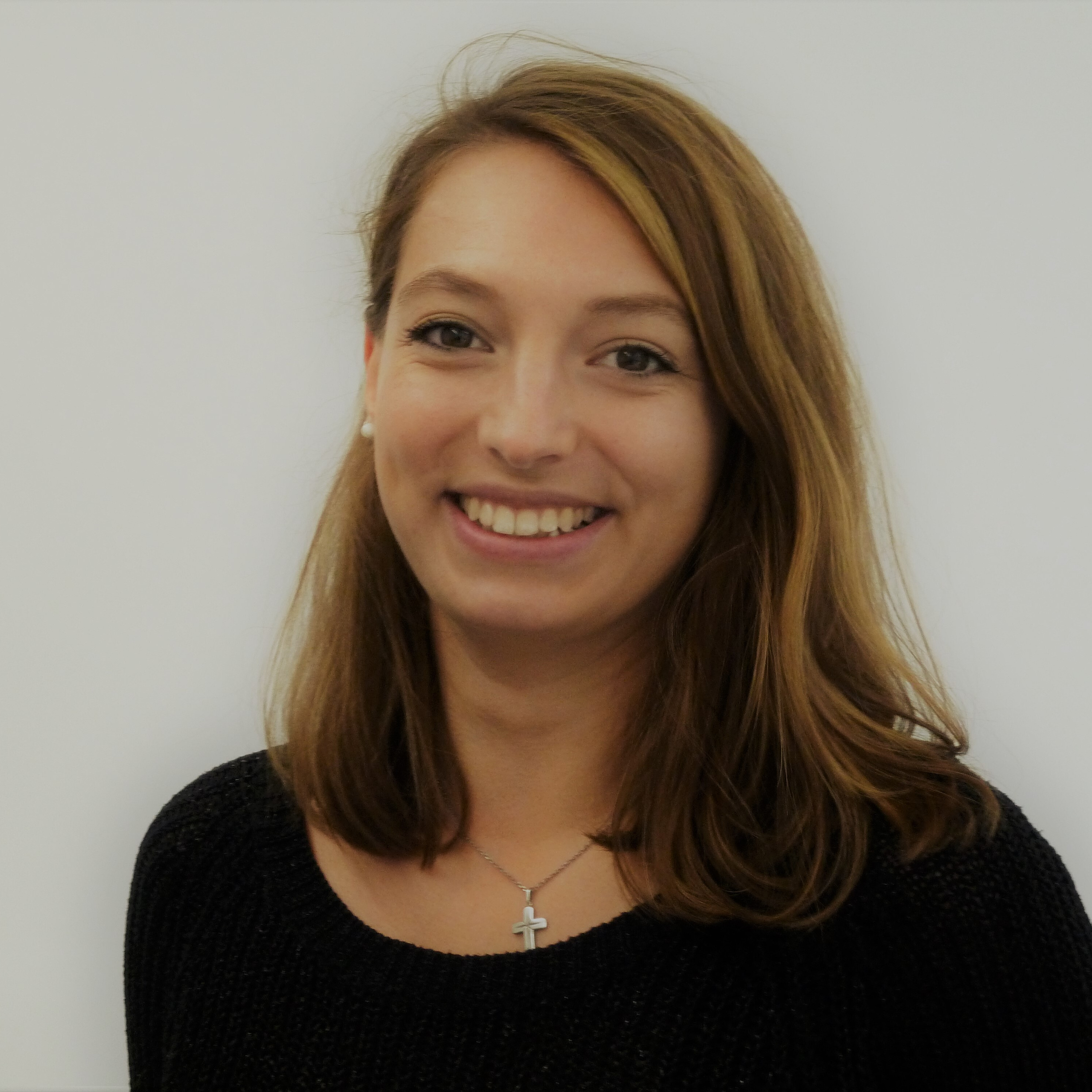
Envisioning the Future of Accessible Immersive Technology: Creating a Roadmap and Building Community
Call for Submissions
We invite submissions to participate in the 2024 Mensch & Computer Workshop on Envisioning the Future of Accessible Immersive Technology in Karlsruhe and online on Sunday, September 1st 2024. Possible workshop topics include, but are not limited to:
• AR and VR applications for people with visual impairments or limited mobility,
• barriers of XR technology for people with disabilities,
• the intersection of immersive systems and neurodivergence,
• immersive media experiences across different age groups (e.g. younger or older users),
• and other immersive systems, e.g., games and their accessibility.
In particular, we look forward to discussing issues related to the design, experience, and evaluation of immersive technology. We accept submissions in the following formats:
• Position papers (1-2 page, references excluded) that outline views on accessible immersive technology and on main challenges.
• Short experience reports of (in)accessible immersive technology, both from the perspective of users and from the perspective of technology developers or researchers (1-2 pages paper, or an alternative format e.g., an audio or video recording in coordination with the workshop organizers).
• Pictorials visually exploring issues related to the accessibility of immersive technology. We encourage authors to refect upon how to make such submissions accessible for others.
Submissions are due on June 30th 2024 AoE via ConfTool or e-mail. They will be reviewed by the organizing committee with focus on author ability to contribute to the discussion, and anticipated benefts at their career stage. Submissions can be included in the GI Digital Library at the request of authors. At least one author must register for and attend the workshop.
Click here to see the full proposal for the workshop.
Workshop Mode
The workshop will be held as a a hybrid half-day workshop at InformatiKOM II at KIT Campus South, an accessible building that provides the required infrastructure, scheduled for the afternoon starting at 1 pm and concluding at 5 pm. It aims to foster collaboration and community building within the field of accessible immersive technology, expanding to European research networks and beyond. Our focus is on connecting participants by emphasizing break-out activities. Committed to inclusivity, we are prepared to offer a seamless hybrid experience for workshop participants wishing to join the event remotely. We are ready for providing the infrastructure for a hybrid workshop (separate meeting rooms for breakout sessions, Meeting Owl cameras/microphones in combination with Teams calls for a good remote participant experience).
Organisers
Marvin Wolf is a PhD researcher at the Institute for Anthropomatics and Robotics at the Karlsruhe Institute of Technology (KIT). He is part of the research group Human-Computer Interaction and Accessibility and holds a Master’s degree in Biomedical Engineering from Heidelberg University. His research aims to address physical and digital barriers of VR technology for people with physical disabilities. (
https://hci.iar.kit.edu/21_241.php)
Julia Anken works as a Research Associate at the Center for Digital Accessibility and Assistive Technology (ACCESS@KIT), which is part of the Karlsruhe Institute of Technology (KIT). She holds a Master’s degree in Computer Science from KIT and her research primarily focuses on creating inclusive working environments in VR for people with visual impairments. (
https://www.access.kit.edu/english/287_1447.php)
Katrin Angerbauer is a Ph.D. student at the University of Stuttgart, in the research group of Visualization and Virtual/Augmented Reality. She obtained her Bachelor’s and Master’s degrees in Software Engineering at the same university. She, personally experiencing life with a disability, draws personal motivation for her research. Her research focuses on human-computer interaction, virtual and augmented reality, and accessibility. It aims to amplify and visualize the lived experiences of people with disabilities and create more accessible and inclusive technology solutions. (
https://www.visus.uni-stuttgart.de/en/institute/team/Angerbauer/)
Markus Wieland is a PhD researcher at the Visualization Research Center (VISUS) at the University of Stuttgart and holds a Master’s degree in Cognitive Science from the University of Tuebingen. His current research focuses on making non-verbal communication, especially eye contact, perceivable through XR technologies for people with visual impairments. (
https://www.visus.uni-stuttgart.de/en/institute/team/Wieland-00007/)
Matthias Wölfel is head of the Institute for Intuitive Interfaces and Immersive Experience, Professor for “Intuitive and Perceptive User Interfaces” at the Faculty of Computer Science and Business Information Systems of the University of Applied Sciences Karlsruhe since 2018, and associated with the Faculty of Business, Economics and Social Sciences at University of Hohenheim. He is also the author of the book "Immersive Virtuelle Realität", published by Springer.
Karin Müller is Deputy Director of the Center for Digital Accessibility and Assistive Technology (ACCESS@KIT) at Karlsruhe Institute of Technology (KIT). In 2002, she received her PhD in Computational Linguistics from the University of Stuttgart. Her research focuses on the question how to improve the access to graphical information for people with visual impairments. She currently leads the InclusiveVR@Work project at KIT. (
https://www.access.kit.edu/english/287_888.php)
Kathrin Gerling is Professor of Human-Computer Interaction and Accessibility at Karlsruhe Institute of Technology (KIT). In 2014, she received a PhD in Computer Science from the University of Saskatchewan, Canada. Central to the research of her group is the question of how interactive technology can be designed in a way that supports self-determination, and how we can achieve experiential accessibility that strives for equitable and engaging experiences for all of us. (
https://hci.iar.kit.edu/21_59.php)

